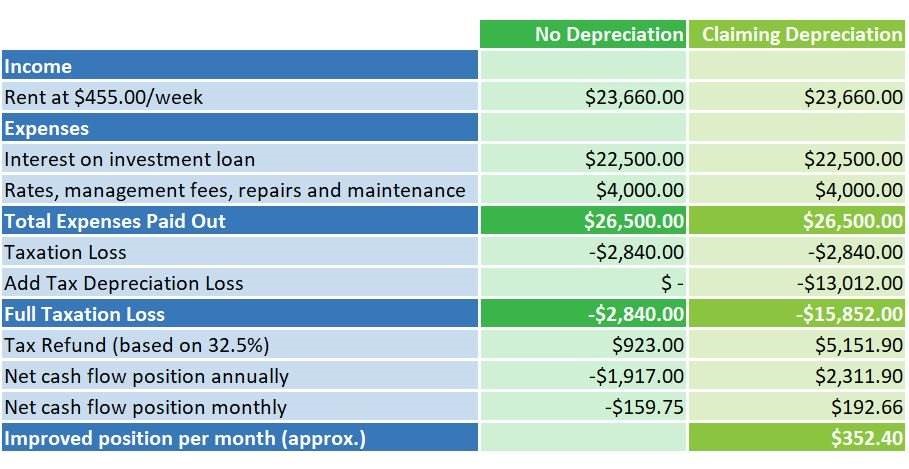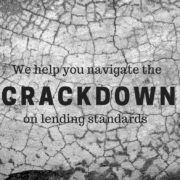We have a guest post from our friends over at Capital Claims Tax Depreciation.
How claiming for depreciation boosts cash flow
Right now cash flow is front of mind for so many landlords. With the economy hurting, maximising cash flow from your investment property (without impacting your tenants) is more important than ever.
Claiming maximum deductions for depreciation is the simplest way to increase the cash return on your investment property.
What is depreciation?
Investment property depreciation is the ageing and wearing out of a property and it’s assets over time.
When you claim for depreciation, you are claiming a tax deduction for the loss in value of those assets as they age and wear out.
Depreciation is typically one of the largest tax deductions available to investors every year, and has the potential to improve rental property cash flow by thousands of dollars each year.
The impact of depreciation claims on cash flow
Understanding the impact of depreciation on cash flow is important for investors.
In the following example, where no depreciation is claimed, the cash-flow position of the property is negative $159.75 per month, or $1,917.00 per annum. This means the investor has to find $159.75 per month to make up the shortfall between the income generated by the investment property and the expenses incurred.
By claiming depreciation, the post-tax cash flow of the property becomes positive $192.66 per month, or $2,311.90 per annum. Remember, this is post-tax, meaning the investor is better off $352.40 net, every month.
Effect of claiming depreciation on the cash-flow position of an investment property:

Make sure you include depreciation as a rental property tax deduction when you do your tax return
Depreciation is claimable as a tax deduction in your tax return each year. You claim for it in the same way you claim for insurances, property management fees, repairs and maintenance etc.
The key difference from other claimable expenses is that depreciation is a calculated deduction. This means that how much you can claim for depreciation is calculated using a formula. Calculations are based on the construction cost of your building (Division 43), and the asset values and effective lives of all the assets in your property (Division 40).
Use a professional quantity surveyor
Claiming depreciation is very easy. A quantity surveyor will calculate the depreciation you can claim annually and report it in your depreciation schedule. A depreciation schedule is a one-off purchase that details all the deductions going forward for the remainder of your property’s life.
Simply give your depreciation schedule to your accountant when you do your taxes each year.
This is an extract from an article that is published on Capital Claims’ website. The full article can be found here.
Thanks for the great information guys!











